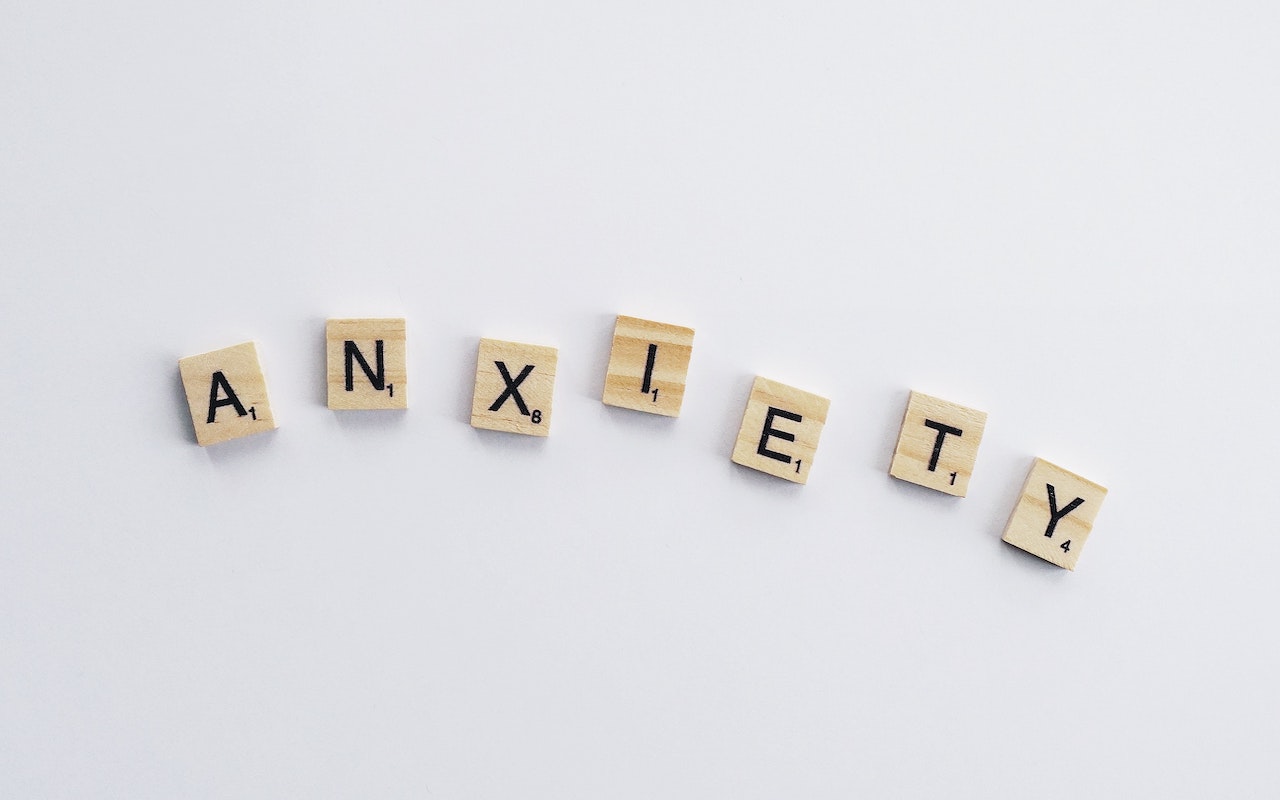College Admissions Tips and Guidance
Helping High School Students Manage Anxiety

Explore Our Articles
Recent Posts
Popular Categories
Get In Touch
On Social
By Phone or Text
(617) 734-3700
By Mail or Email
1678 Beacon Street
Brookline, MA 02445
By Form
Educational Advocates
Our objective is to guide the family in finding options where the student will not only get admitted, but thrive and find success once on campus.
Helping High School Students Manage Anxiety

Don’t let the stress of this time keep you from having fun.
Managing high school anxiety continues to be more difficult as it continues to rise for both high school and college students. Before the pandemic, a study of adolescents that has been conducted since 1938 found that there are five times as many teens with anxiety as those the same age who were studied during the Great Depression—an era when families struggled to put food on the table. According to an analysis in JAMA Pediatrics, since the advent of Covid-19, the number of teens worldwide who are experiencing depression and anxiety has doubled.
Disruptions to routines, social isolation, and lack of connection to positive adult role models such as coaches and teachers have all contributed to the increase in mental health problems. High rates of anxiety and depression preceded the pandemic and the reasons are complex, but researchers believe that factors such as an increased interest in being wealthy —77% of a recent survey of college freshman stated this to be a primary goal—contributes to the problem as do unrealistic ideas of what one needs to be happy (“I need the latest iPhone!”), leading to stress and feelings of emptiness. The 24-hour news cycle shows the world as frightening and unstable, and students rightly worry about issues such as climate change, inequity, and racism, and what the future will bring. The media have also learned that writing about college sells. Headlines shout messages such as “Record Year For Selective College Admissions,” making young people feel like they will never get into college when in reality they will have many choices.
Sonya, a high school senior, confirms that students feel pressure to get into a good college: “If you don’t do well in a class, you really stress out and feel like you aren’t doing enough.” The good news is that there are steps students can take to manage anxiety:
- Choose Courses Wisely. Students should challenge themselves at an appropriate level. In the past couple of years, we have noticed a few students opting for six academic courses plus an elective or attempting to take two or more advanced placement courses against the recommendation of their teachers. For a few students, that course load is fine, but for many, it will lead to loss of sleep and undue stress. “It is more important to stay focused and keep your grades up through senior year,” says Sonya.
- Go Easy on Tutoring. Some students need tutors to do well in school. However, sometimes we see students sign up for a rigorous honors or advanced placement class with the intention of working with a tutor from the outset just to get through the course. If you feel you need a tutor to survive a more rigorous course, then this is a sign that the course is too challenging and you should move to a more appropriate level. Likewise, preparation for the SAT or ACT should not be a yearlong endeavor since test scores will only increase so much (and most colleges are test-optional for those whose scores do not reflect their abilities).
Enjoying some time outside in the fresh air will help you reduce anxiety.
- Don’t Over Schedule. Leaving for school at 7:30 a.m., engaging in multiple extracurricular activities while juggling household responsibilities can push students to the brink. Some can handle it, but many more cannot, especially when test preparation is added to the mix. Many high school seniors underestimate how much work it is to apply to college especially when they wait to start their essays in the fall. If you are in a constant state of stress or have no time to relax or fit other important activities into your life then it is time to re-evaluate your commitments. Too many activities and responsibilities only increase anxiety and no college is worth sacrificing your mental health. Parents can support their children by helping them assess and reduce activities.
- Risk of Drugs and Alcohol. With increased anxiety, students sometimes turn to binge drinking or drug use in high school for a release. The risks are short-term impaired judgment, but accidents, alcohol poisoning, and assaults also can occur. If you find yourself looking forward to drinking or getting high to cope, it is time to ask for help.
- Sleep, Exercise, Eat Right and Relax. Teens need nine hours of sleep a night though few get that much. A lack of sleep defeats the purpose of taking all the tough courses and test prep. You won’t retain what you learn, your attention will drift and deprivation can result in moodiness and depression. Students who don’t play sports should find some kind of physical activity they enjoy—even if it is just a walk home from school or a walk around the block. Avoiding excessive junk food and finding time to relax with family and friends are equally important.
Sonya advises students entering the admissions process now not to obsess about particular colleges since it only produces anxiety. “Don’t constantly look at college websites,” says Sonya. “It is easy to get your hopes up for a particular school.” Keeping options open and realizing there are many colleges that are a good fit can help students minimize stress. If you find yourself feeling anxious, talk with your parents or counselor. A therapist can also be helpful in helping students make necessary changes.
Related articles:
The Parent’s Role In The College Admissions Process
Stop The Insanity! Staying Sane During The College Admissions Process










